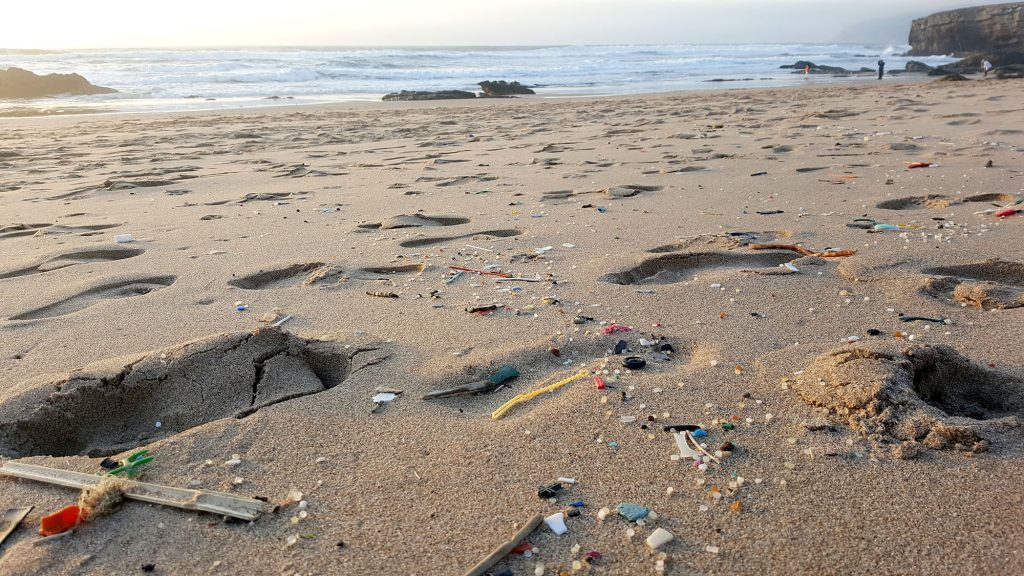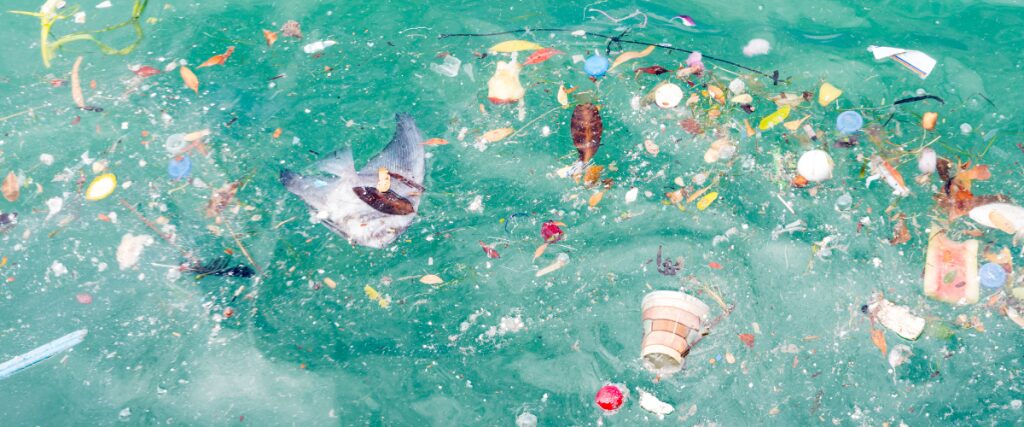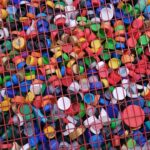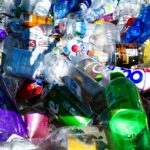This week is definitely a week for reflection, World Environment Day on Monday and World Ocean Day today.
When we reflect on our contribution to our environment and our oceans, could we do more as individuals and as businesses? I’m pretty sure the answer is yes because we need to do more and quickly!
Our ocean covers the majority of the Earth, however we tend to focus more on what we can see but #TidesAreChanging. With the theme of this years’ United Nations Oceans Day 2023 being Planet Ocean: tides are changing, there is real focus on making a measurable difference. The UN has joined forces with a comprehensive team including scientists, indigenous communities, celebrities, private sector executives, youth activists and many more to put the ocean first.
We have covered ocean health and pollution in many guises over the years and I think the most shocking was when we gave the statistics in 2022 on the sheer extent of pollution in our oceans. This is almost impossible to visualise, the Great Pacific Garbage Patch alone covers 1 million square miles! We have to do better and we need to do more, which is exactly what we have done and will continue to do at Aura.
Partnership announcement

I am very happy to announce our latest strategic partnership with the National Oceanography Centre (NOC) the UK’s largest ocean science charity. NOC conduct amazing research across all the ocean basins with the aim to advance the knowledge required to address the big challenges facing people and planet1. This is the reason we wanted to partner with NOC, enabling decisions based on data, not myth or gut feel, but hard facts.
If you do require further convincing that we need to protect our ocean then here are a few highlights by NOC:
- Ocean resources include energy, food and minerals
- Clean ocean energy includes offshore wind, tidal and wave power generation
- The ocean is a major food source, and for over a billion people it is their primary source of animal protein; therefore, understanding how fisheries will be impacted by global environment change is vital for human life
- Biodiversity is decreasing across the planet including the oceans, due to habitat loss, pollution and over exploitation of resources
- Ensuring these ecosystems are protected is vital for achieving the UN Sustainable Development Goal 14 – conserve and sustainably use the oceans, seas and marine resources
- The ocean, in particular the deep ocean, holds great potential for the development of medicines
Word of the day: nurdle
As mentioned in my previous blog this week, we are not just talking about the tip of the iceberg, the plastic pollution is not only what we see in the ocean, but also what lies below the surface. The vast majority of plastic is heavier than water, with the plastic floating on the surface only accounting for 1% of ocean plastic2. We have to learn more about the other 99% so we can do something about it.

Microplastics, plastic fibres and fragments smaller than 1mm account for a significant proportion of ocean plastics, as do ‘nurdles’. Nurdles are the plastic pellets used when forming plastic products and packaging. Unfortunately, it is estimated that 230,000 tonnes of nurdles enter our ocean every year3 mostly through careless handling and transportation practices.

Plastic does not always float on the surface; it can also sink directly to the seafloor, become caught up in underwater avalanches and mix with sediment flowing down submarine canyons. Plastic that reaches into the deep-sea can end up buried in seafloor sediments in areas that are hotspots for marine life4.

Let’s be honest, if there was an oil spill of 230,000 tonnes it would be world news and processes and procedures would be put in place to clean up the pollution and prevent it from happening again. Why is this not happening with microplastics and nurdles?

The vital research NOC are doing aims to help us understand how, why and where plastic ends up in our ocean and what effects this has on sensitive habitats and organisms. Understanding this better allows for the improved ability to trace the source of pollution, not to point fingers but to make better informed decisions about waste management to prevent this pollution continuing. However, let’s be very clear, even if we did switch off the tap of plastic pollution overnight we would still need to manage the decades of plastic pollution that has gone before.
So, most of us would be able to name several of the biggest polluters as being:
1. Shipping waste
2. Plastic products we dispose of at home
3. Plastics from industrial waste
4. Litter from our beaches
But one that took me by surprise was…
5. On our roads, tyres degrade resulting in fragments of plastic that get washed down the drains
We’re not likely to stop driving but technology needs to improve to prevent this source of pollution. We should definitely be able to do something to improve the impact of the others, at speed.
At Aura, we want to understand more about the science and the data and therefore love working with the team at NOC, together we help advise our clients to make informed decisions to drive their businesses forward.
Collaboration is so important, and my plea to everyone this World Ocean Day is to learn a little more about our ocean and the effects our products, packaging and habits are having on it.
Gillian Garside-Wight, Aura
We can all make a difference but together we really can ensure #TidesAreChanging.
Sources: 1https://noc.ac.uk/science/big-science-big-challenges, 2highlighted in the recent NOC plastics report, 3https://www.fauna-flora.org/appeals/plastic-appeal-dig/, 4https://noc.ac.uk/science/under-the-surface/ocean-plastics














